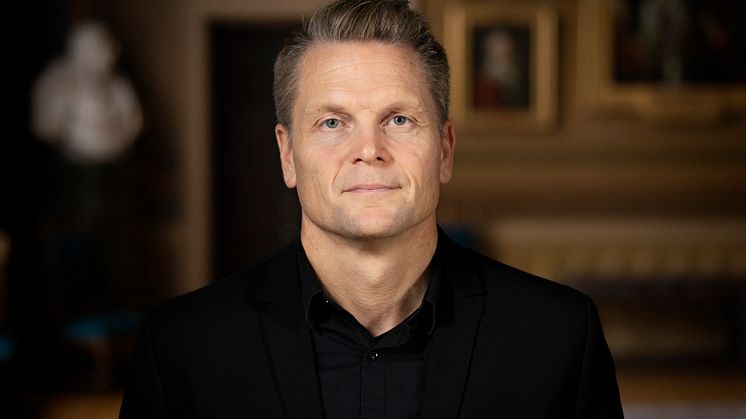Press release -
Online game has transnational impact as “vaccine” against fake news
Bad News, a game devised to make players better at spotting fake news and misinformation, has the intended effect in Sweden, Greece, Germany and Poland. This is evident from a new academic study from the Universities of Uppsala and Cambridge. The assessment shows an improvement in players’ ability to detect fabricated news reports while retaining their trust in real news.
“We were able to see that the people who’d been playing Bad News were significantly better at detecting fabricated news and misinformation based on, for example, fake social media accounts, conspiracy theories and mudslinging by investigative journalists,” says Thomas Nygren, associate professor at Uppsala University’s Department of Education.
The online game Bad News places players in the same position as the people who generate online misinformation. The object is to acquire as many followers as possible without losing too much credibility, and the players use various strategies, such as conspiracy, discrediting and trolling. The purpose is to enable the players to spot the different methods of spreading fake news, and thereby more easily evaluate information themselves.
The game was developed as a collaborative effort between the University of Cambridge and the Dutch media platform DROG. Its underlying idea is based on the psychological theory of “inoculation”: that people can establish resistance to fake or misleading information by being presented with a weakened version of a misleading argument. If we can recognise the false argument, the theory goes, we find it easier to withstand it in a real-life situation. Prebunking, instead of debunking.
The researchers have now investigated whether Bad News genuinely had the same impact they were seeking. More than 5,000 people who played the game – in Swedish, Greek, Polish or German – evaluated fake and real Twitter posts before and after play sessions. The researchers were able to see that the players had measurably improved their ability to identify the fake content. The game thus appears to have had the intended effect on the players, largely irrespective of their gender, age, education and political preferences.
The players were recruited “organically” in various ways, such as through campaigns and marketing in social media. The players were then able to join in evaluating the impact of the game, which was done within the game itself. Because of the manner in which they had been recruited, these players did not reflect society at large (the proportions of young, male and well-educated people were relatively high). However, random trials of the English-language game implemented among broad population categories have shown the same positive effect.
Jon Roozenbeek, Sander van der Linden, and Thomas Nygren (2020). Prebunking interventions based on “inoculation” theory can reduce susceptibility to misinformation across cultures. The Harvard Kennedy School (HKS) Misinformation Review. https://doi.org/10.37016//mr-2020-008
For further information, contact Dr. Jon Roozenbeek, University of Cambridge, email: jjr51@cam.ac.uk or Dr. Thomas Nygren at the Department of Education, Uppsala University, tel. +46 73-646 8649, email thomas.nygren@edu.uu.se.
Read more about Bad News and play the game in English, Swedish, Polish, Greek, or in German.
Topics
Uppsala University -- quality, knowledge, and creativity since 1477
World-class research and outstanding education of global benefit to society, business, and culture.
Uppsala University is one of northern Europe's highest ranked academic institutions. www.uu.se

